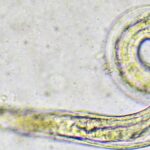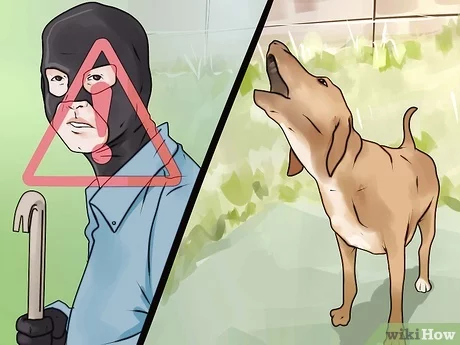Can Dogs Eat Cheesecake
Can Dogs Eat Cheesecake? The Surprising Truth About this Sweet Treat
If you’re a dog owner who loves cheesecake, you may be wondering if your furry friend can share in your indulgence. After all, dogs have been known to beg for human food and some people even make special treats for their pets with cheese or cream. However, not all human foods are safe for dogs to eat, and cheesecake is no exception. In this article, we’ll explore the pros and cons of feeding dogs cheesecake and give you some tips on how to treat your dog without risking their health.
What is Cheesecake?
Before we dive into the question of whether dogs can eat cheesecake, let’s first define what it is. Cheesecake is a dessert made with cream cheese, sugar, eggs, and a crust typically made of crushed cookies or graham crackers. Cheesecakes can also be flavored with fruits, chocolate, or other ingredients.
Cheesecake is popular all around the world and has many variations from New York-style to Italian-style to Japanese-style. It’s often served as a special occasion dessert or as a comfort food for those who crave something rich and creamy.
Why Do Dogs Like Cheese?
Cheese is one of those human foods that dogs seem to love. The reason for this may be that cheese contains high levels of fat, protein, and salt which can trigger the reward centers in a dog’s brain. Some types of cheese also have a strong scent and flavor that dogs find appealing.
However, just because dogs like cheese doesn’t mean they should eat it in large quantities or in certain forms. Cheese can be high in calories and sodium which can lead to obesity, heart disease, or kidney problems in dogs. Some types of cheese also contain lactose which many dogs have trouble digesting.
What Are the Risks of Feeding Dogs Cheesecake?
Now that we know what cheesecake is and why dogs like cheese, let’s discuss the potential risks of feeding dogs cheesecake. The main concerns are:
– Digestive problems: Cheesecake contains high levels of fat, sugar, and dairy which can cause diarrhea, vomiting, or bloating in dogs. Dogs may also have an allergic reaction to some of the ingredients in cheesecake such as wheat or eggs.
– Pancreatitis: Eating too much fat can trigger an inflammation of the pancreas which can be painful and even life-threatening for dogs. Cheesecake has a lot of saturated and trans fats which can overload a dog’s digestive system.
– Obesity: Cheesecake is a high-calorie dessert that can contribute to weight gain in dogs if consumed regularly. Obesity is a major health issue in dogs and can lead to joint problems, diabetes, or cancer.
– Dental problems: Cheesecake contains sugar and carbohydrates which can stick to a dog’s teeth and promote plaque formation. This can lead to dental decay, bad breath, or gum disease.
Given these risks, it’s best to avoid feeding your dog cheesecake or any other human desserts on a regular basis. Instead, you can offer your dog some healthier treats that are specifically made for dogs and have balanced nutrition.
What Should You Feed Your Dog Instead?
If you want to treat your dog without compromising their health, here are some alternatives to cheesecake:
– Fruits: Many fruits are safe and nutritious for dogs such as apples, bananas, strawberries, blueberries, or watermelon. You can cut them into small pieces and give them as occasional snacks or mix them into your dog’s food.
– Vegetables: Some vegetables are also good for dogs such as carrots, green beans, sweet potatoes, or pumpkin. They provide fiber, vitamins, and minerals that can improve digestion and immunity.
– Cheese: While cheese should be given in moderation, some types of cheese are safer than others for dogs. Cottage cheese, mozzarella, or cheddar are low in lactose and salt and can be used as training treats or added to your dog’s meal.
– Dog treats: There are many brands of dog treats that are made with natural ingredients and have different flavors and textures. You can choose ones that suit your dog’s preferences and dietary needs.
Conclusion
In conclusion, dogs should not eat cheesecake as it can cause digestive problems, pancreatitis, obesity, or dental issues. Cheese is not harmful per se but should be given sparingly and in small amounts. If you want to treat your dog, you can offer them fruits, vegetables, cheese, or specially-made dog treats. Remember that a healthy diet is key to a happy and long life for your furry friend.



